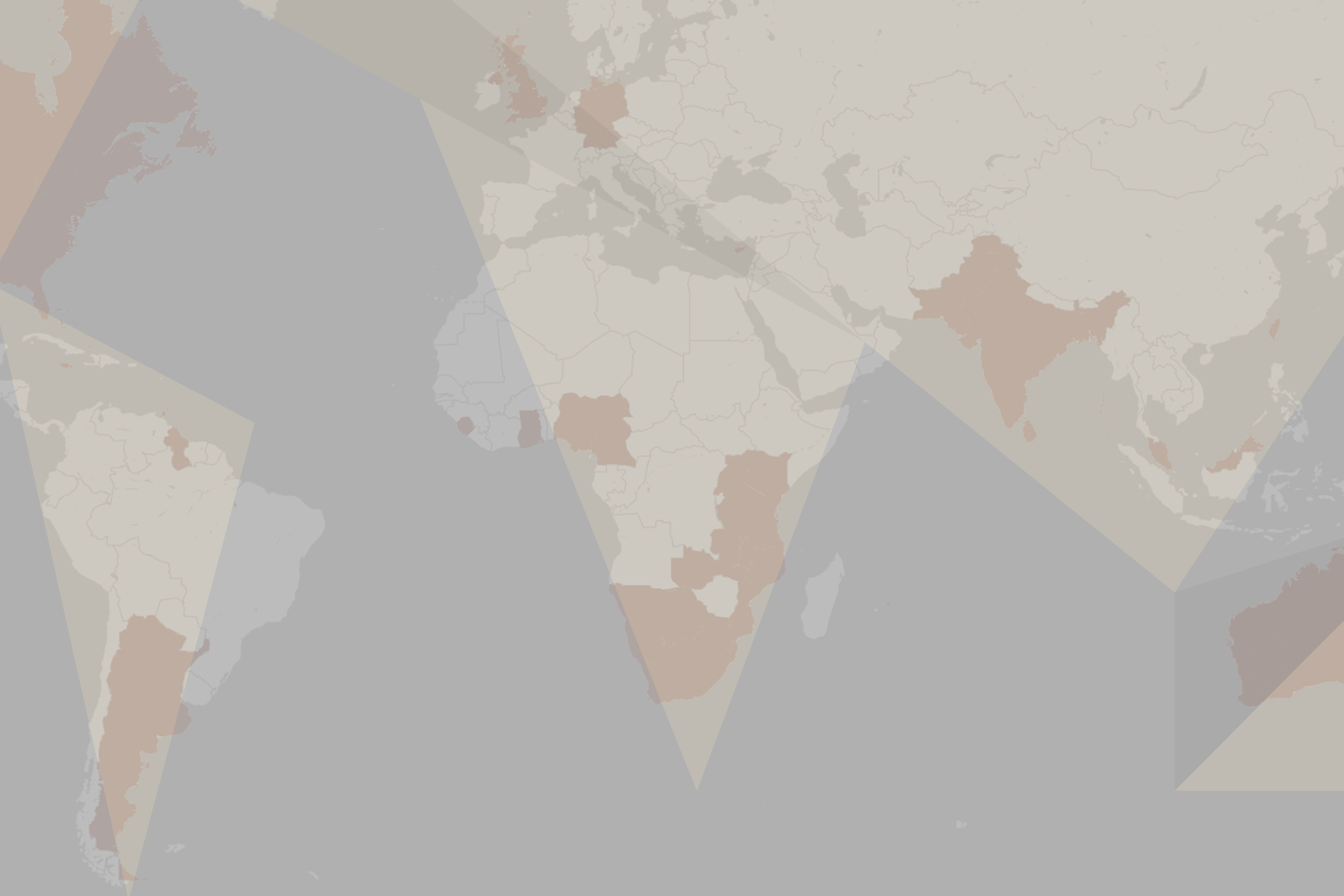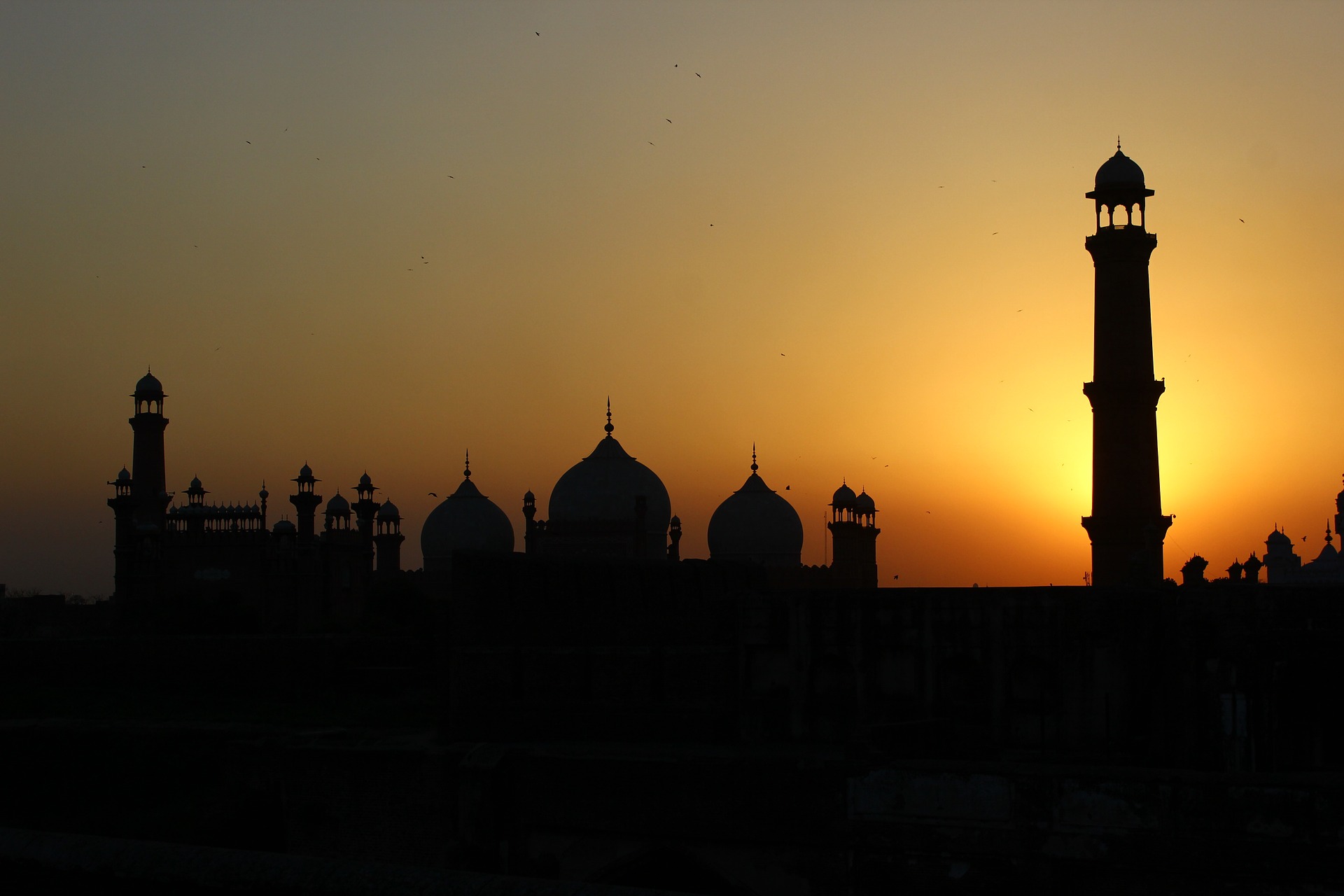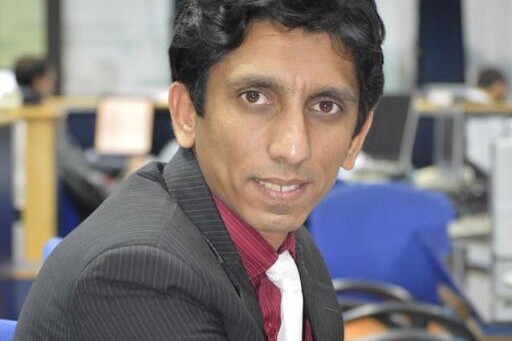Journalists and media houses are facing an unprecedented level of threats and restrictions, which have intensified ahead of the country’s elections later this month.
Pakistan is not known for being an easy country for journalists to work in but media professionals are witnessing an extremely heightened level of restriction on media freedom and their ability to work effectively, especially in light of the country’s elections, which will take place on 25 July.
The climate has become increasingly tense, with the killing of a regional politician at a rally in Peshawar last week and a surge of disinformation spreading across social media via fake accounts. This tension has been affecting media outlets and professionals across the country: in May alone, the country’s media monitoring organisation Freedom Network registered 23 violations against the media.
Outlets marginalised
Pakistani journalists who openly criticised the military via their social media or articles have been threatened, abducted, intimidated and attacked and media outlets have not been exempt. Earlier this year PMA members GEO TV, Pakistan’s largest broadcaster, was unlawfully taken off air for a number of weeks across 80% of the country.
Similar pressure is now being applied to Dawn – Pakistan’s largest English language newspaper, distributed for more than 70 years – where its journalists have been threatened and harassed. This intimidation has impacted the newspaper financially, as advertisers have been warned against marketing via the newspaper, with distributors and sales agents told not to sell and distribute copies.
“We have never witnessed the censorship which we are facing today”
“We have never witnessed the censorship which we are facing today,” said the president of the Pakistan Federal Union of Journalists, Afzal Butt.
The distribution was disrupted after the newspaper published an interview in May with the former prime minister Nawaz Sharif, who was dismissed last year following corruption allegations. In the interview, Sharif alleged there is an alliance between the army and the judiciary and accused the military of influencing politics and organising his dismissal, all allegations that military officials rejected.
In an editorial, Dawn spoke against intimidation from the state and public officials and revealed that they have been targeted since 2016 although pressure and attacks have intensified in the last few months.
“It’s been a long process of slowly ratcheting up pressure, mainly coming from the military to shape the coverage that’s coming out,” said Steven Butler, Asia coordinator of the Committee to Protect Journalists (CPJ).
The military has indeed openly taken a stance against outspoken media outlets. In early May, Major General Asif Ghafoor, a spokesperson for Pakistan’s military, accused named journalists and activists of fueling anti-state propaganda via social media at a press conference.
“The military is very sensitive about what is written about it and very strongly against Nawaz Sharif and appears to be taking action against his party,” Butler added.
Making a stand
Meanwhile, the Pakistan Federal Union of Journalists launched a movement for press freedom to protest against the pressures and censorship faced by the media, and Dawn in particular. The movement includes the establishment of camps outside Dawn offices, a freedom of the press camp outside parliament and the organisation of pro-media freedom events.
“The movement is against the unannounced and unreasonable censorship the media is facing and against the marginalisation of certain media houses,” said the PFUJ.
While it might be hard to quantify the impact that this censorship will have on the upcoming elections, one thing is certain: citizens are prevented from reaching a diverse and plural range of relevant information at a time when they need it most.
As tension heightens across the country, the PMA urges Pakistan’s government and authorities to ensure that media professionals can do their job safely and effectively. We fully support campaigns to ensure media freedom so that the public can access impartial and accurate information during times of elections.
We advise journalists to take note of the The Committee to Protect Journalists’ (CPJ) safety advisory for those reporting on Pakistan’s upcoming elections.
By Kristian Porter
Header Image: TV cameras lined up, covering large public event. Credit: Microgen/istock
Related Posts
22nd June 2017
Violence against journalists continues in Pakistan
Safety remains a serious concern as…


